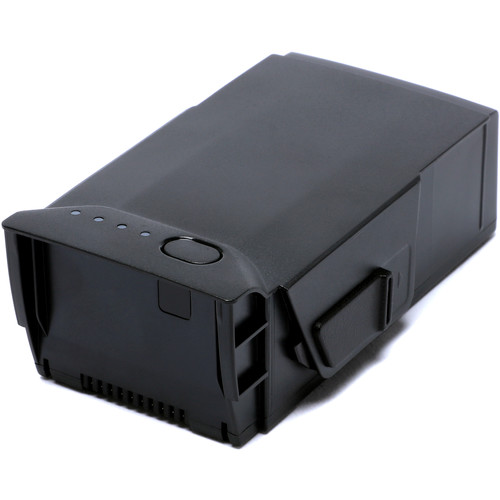

How we process personal data provided or obtained through this website Cookies contain information that is transferred to your computer's hard drive.Īs some data privacy laws regulate IP addresses and other information collected through the use of cookies as personal data, Rio Tinto’s processing of such personal data needs to comply with its Data Privacy Standard (see Part 1 of our Privacy Policy), and also applicable data privacy laws. This helps us to provide you with a good experience when you browse our website and also allows us to improve our site.Ī cookie is a small file of letters and numbers that we store on your browser or the hard drive of your computer if you agree. With your consent, our website uses cookies to distinguish you from other users of our website. If you choose to subscribe to our media releases or other communications, you can unsubscribe at any time (by following the instructions in the email or by contacting us). We won't process that personal data for other purposes except where required to meet our legal obligations or otherwise as authorised by law and notified to you.


However if you choose to provide personal data to Rio Tinto through this website (for example, by sending us an email), we will process that personal data to answer your query and if relevant, to manage our business relationship with you or your company. With the exception of the use of cookies, Rio Tinto generally does not seek to collect personal data through this website. How we process personal data provided or obtained through this website. Manage Cookie Preferences We Value Your Privacy Please direct all enquiries to Relations, UK This partnership contemplates the potential use of Rio Tinto’s battery metal products, including iron powders from RTFT and lithium, as feedstock for the production of Nano One’s cathode materials. In June 2022, Rio Tinto announced a $10 million strategic equity investment in Nano One, a Vancouver-based technology company with a patented industrial process to produce low-cost, high-performance cathode used in lithium-ion batteries. Rio Tinto also recovers battery-grade lithium from waste material using a breakthrough process at its Boron operations in California and owns the Jadar lithium-borate project in Serbia. This long life, scaleable project has the potential to have one of the lowest carbon footprints in the industry. In March 2022, Rio Tinto completed the acquisition of the Rincon lithium project, a large undeveloped lithium brine project located in the heart of the lithium triangle in Argentina. The company’s portfolio of lithium projects focuses on leading edge mining and processing technology to deliver environmentally sensitive solutions to the production of battery-grade lithium carbonate for electric vehicles. Rio Tinto is committed to the battery materials sector and lithium’s role in a low carbon future. It will test ore from various local suppliers including Sayona, an emerging lithium producer with projects in Québec and Western Australia. The demonstration plant was commissioned in June after successful laboratory testing of the new process and produced its first ton of spodumene concentrate in July 2022. Our demonstration plant will allow us to further validate the innovative spodumene concentration process developed at our Critical Minerals and Technology Centre as we consider moving to commercial scale production.” We are seeing strong interest in the market for a North American supply of spodumene concentrate to support production of lithium batteries. RTIT Managing Director Stéphane Leblanc said: “Rio Tinto is exploring new, sustainable ways to extract battery materials for the energy transition. It offers the environmental benefit of not using chemical products and generating only dry, inert residues. The process was developed by researchers at Rio Tinto’s Critical Minerals and Technology Centre and tested on spodumene ore samples from various countries. The plant will demonstrate at industrial scale a new spodumene concentration process that provides lithium oxide (Li 20) grades and recoveries well above the industry average. Rio Tinto has started producing spodumene concentrate, a mineral used in the production of lithium for batteries, at a demonstration plant in its Rio Tinto Iron and Titanium (RTIT) Quebec Operations in our metallurgical complex in Sorel-Tracy, Canada.


 0 kommentar(er)
0 kommentar(er)
